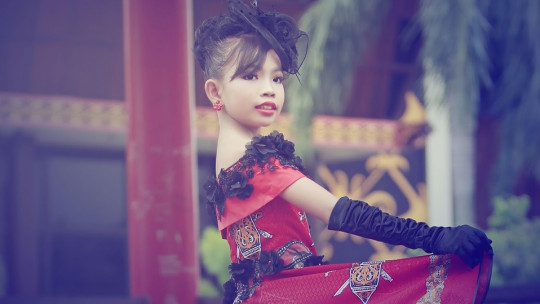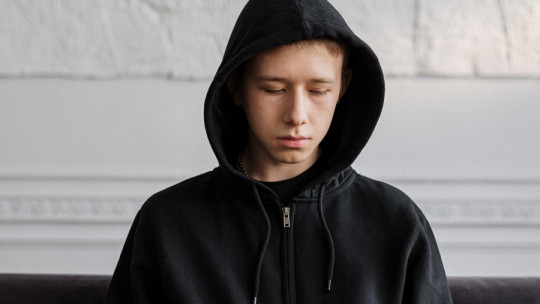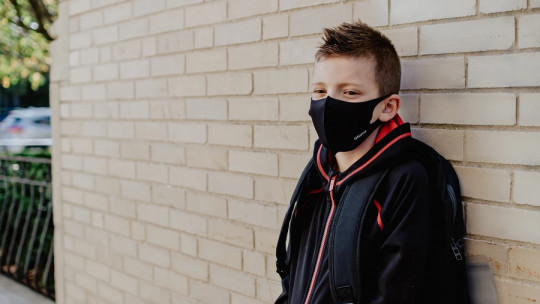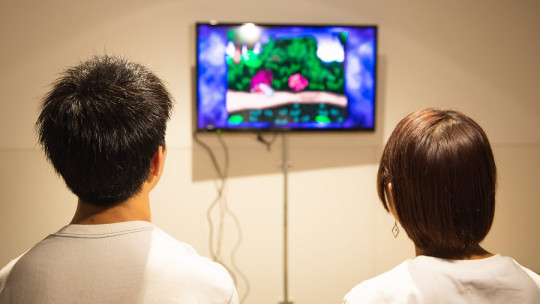
For a few years now, so-called children’s Talent Shows have been proliferating, especially at Christmas time. These are television contests similar to programs for adults such as Masterchef, Operación Triunfo or La Voz, in which boys and girls compete against each other in various disciplines.
The objective is supposed to be forging the future promises of each discipline very early ; music, cooking, sports… And along the way, they say, promote values such as effort, excellence or even cooperation between equals.
But reality can be very different, and the consequences of participation in these programs unpredictable and difficult to evaluate a priori. Therefore, it is necessary not to be fooled by its lavishness and stop to reflect on the psychological consequences of such early and brutal media exposure
Why children’s Talent Shows are not a good idea
The ages of those who aspire to be “mini chefs”, singers, and others, usually range between 7 and 12 years old. However, it can be observed that despite their young age, their participants acquire a series of gestures, reactions and emotional expressions, more typical of adults subjected to the pressure of intense work stress than of the carefree play of childhood or early adolescence
It must be said that most of the responsibility for producing such an effort at such a young age never lies with its protagonists. It is always from families that, perhaps without being aware of it, put their desire to see their offspring triumphant before the possible consequences that this may have on their school development or on the configuration of their personality.
Devil’s Coaches
After a great competitive effort, girls and boys submit to the relentless scrutiny of their “coachers”, who are usually artists or people of recognized fame and with successful careers, but who They lack any pedagogical or psychological training Even so, they not only give advice and warnings in the discipline in which they are a reference; They also dare to give general guidelines on how to face other aspects of life.
Converted into idealized subjects by the adult audience, It is not difficult to imagine what it can mean for the little ones, to see themselves under the tutelage of recognized and idolized artists or characters These, through bloody corrections, histrionic gestures and grandiloquent words, make comments about the performance of boys and girls.
Often, they are as implacable and severe with those who are least adapted to the competitive level as they are sycophantic and tender with those who show the most talent, effort and skills. But the most serious thing is that the corrections or lessons are carried out in front of the attentive eyes of a vast audience of millions of people, who carefully observe their errors and successes.
In minors, both adulation and public humiliation can be internalized in a sometimes very negative way It is a stage in which social recognition is essential for the configuration of a “healthy” personality. That is why, while good results must be reinforced, reproaches, scoldings and corrections must always be given in private.
@image(id)
Win or lose: a matter of effort or talent
Although everything is infused with an atmosphere of fun and a message is transmitted in which “the important thing is to participate and have fun,” The operation of these “shows” is based on competitive dynamics of a world, the adult, in which there are only two options: win or lose.
But in this case, the pressure occurs at an age unprepared to take on a challenge as intense as it is ephemeral. It is the logic of “failure or triumph.”
In case of “win” (which is unlikely, since only one can win)
These are ages in which one rarely has the capacity to assimilate social and family praise and admiration They are going to be the center of attention, but for a short time. After success, life continues the same as before, with the same difficulties and dreams. Returning to “real” life can take a significant psychological toll.
The historical imagination is full of “broken toys” who, after a childhood of fame, money and recognition, have seen their lives dotted with scandals, addictions, suicide attempts and all kinds of problems, the result of poor assimilation of early success. Celebrities like Macaulay Culkin, Joselito or Drew Barrymore are examples of this dynamic.
In the event of not being successful (which is the most common)
The explicit or implicit message that is usually sent to them is that, either they haven’t tried hard enough, or they don’t have much talent
All, at an age with a lack of preparation to face failure, in which it is easy to internalize the feeling of ridicule, since they do not have the personal tools to understand the pressure to which they are subjected.
The consequences can be devastating: school failure, childhood depression, frustration intolerance, etc.
You learn by playing
The vital moment that goes from childhood to preadolescence is a stage in which interaction and fun among equals is essential for the development of personality and sociability A phase of life in which cooking should be an experiment, practicing sports a game and in which singing, dancing or making music something that is enjoyed.
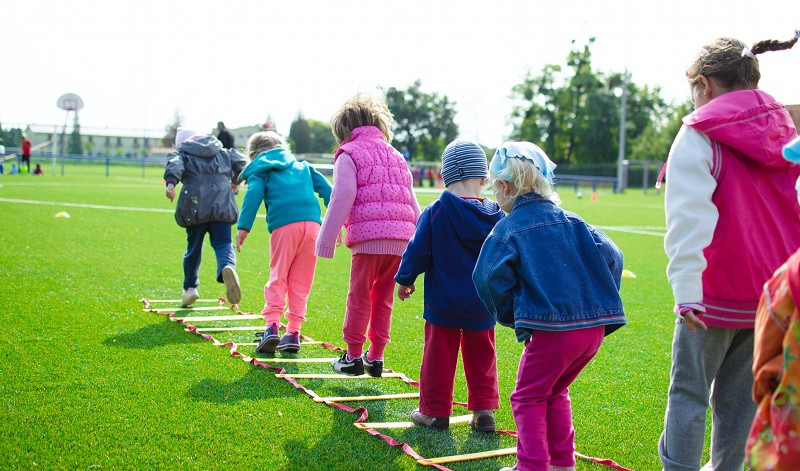
All this remains in the background when what is transmitted is that the most important thing is to win and be above the rest.
There is a lot of talk about the importance of competitive spaces from an early age, with the aim of preparing children for a highly demanding adult life. This argument leaves much to be desired, since if there is a general consensus in most theoretical currents, in pedagogy and psychology, it is that in the first stages of life we learn by playing. And that means that The final result is not as important as the process of the game itself
It is through play and repetition that we learn and prepare for adult life. School, conservatories and sports tournaments will arrive, so that they internalize competitiveness. I am not saying that early talents should not be encouraged, nor that competition, properly understood, is bad in itself.
I think it should encourage effort and talent, but through cooperative play, pure enjoyment and mutual support among equals
Therefore, my opinion is that viewing by minors of this type of programs is highly inadvisable, and even less so, participation in them. The model it reproduces is neither the most educational nor the most suitable for psychological development, with unpredictable consequences for the future.

